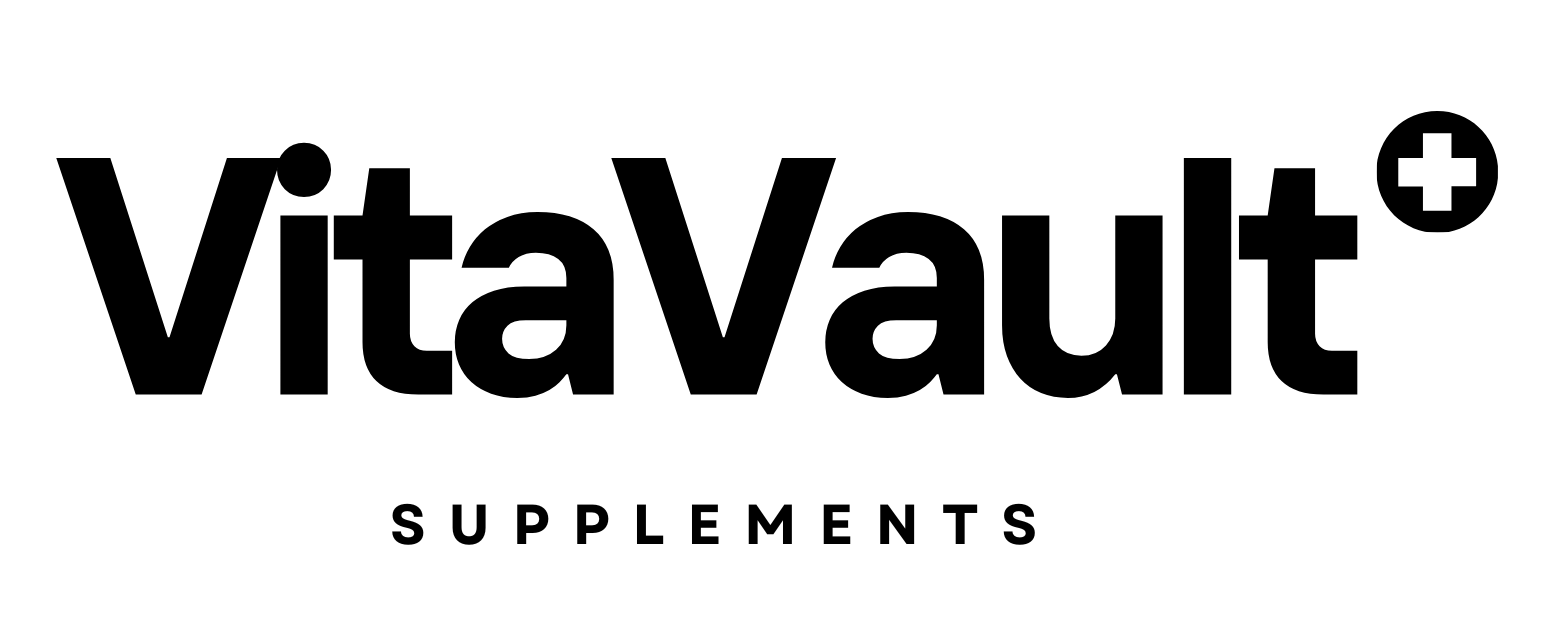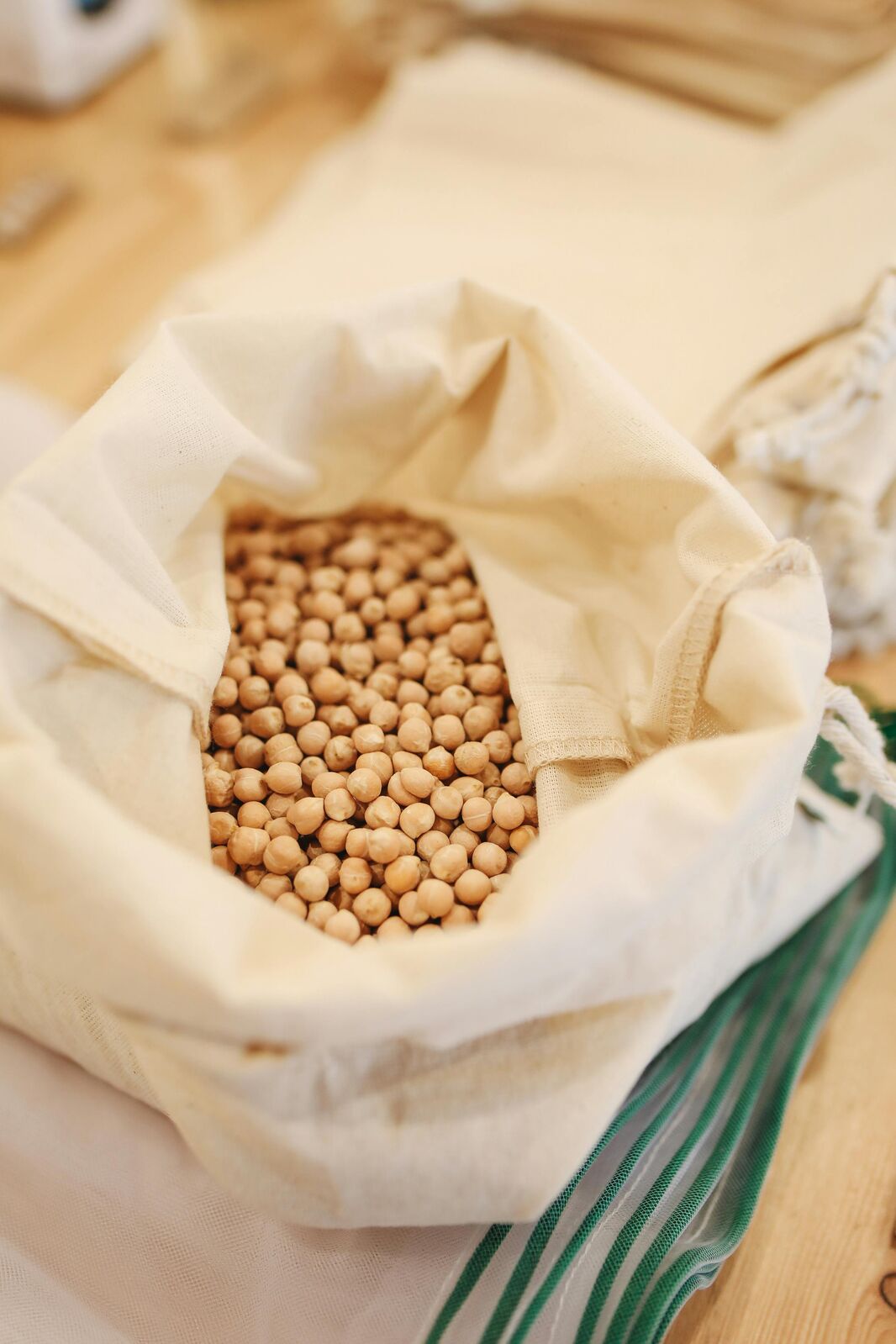Behind the Supplement: Vitamin K2. A Key Nutrient for Strong Bones, a Healthy Heart, and Overall Wellness
Vitamin K2, also known as menaquinone, is often overlooked but plays a crucial role in keeping our bones strong, our heart healthy, and our body functioning optimally. Unlike vitamin K1, which primarily helps with blood clotting, vitamin K2 ensures calcium is properly distributed in the body—directing it to the bones where it's needed and preventing buildup in the arteries (Yan et al., 2023; Hariri et al., 2021).
This article explores the benefits of vitamin K2, how it works in the body, and why adding it to your diet (or supplement routine) could be essential for long-term health.
MK-7 vs. MK-4: Which Form of Vitamin K is Best?
Vitamin K2 comes in different forms, known as menaquinone (MK-n), which vary based on their molecular structure. The most researched and beneficial types include:
Menaquinone-4 (MK-4)
-
Found in foods like eggs, butter, and organ meats.
-
Absorbs quickly but has a short lifespan in the body.
-
Helps with bone mineralization and may even have cancer-preventing properties (Yan et al., 2023).
Menaquinone-7 (MK-7)
-
Present in fermented foods like natto and certain cheeses.
-
Stays in the bloodstream longer (up to 72 hours), making it more efficient.
-
Supports both bone and heart health by activating key proteins (Jadhav et al., 2022; Maresz, 2021).
Why Vitamin K2 Matters for Your Health
Stronger Bones & Lower Osteoporosis Risk
Vitamin K2 is crucial for activating osteocalcin, a protein that helps bind calcium to bones. Without enough K2, this protein stays inactive, leading to weak bones and a higher risk of fractures (Sato, Inaba, & Yamashita, 2020).
Studies show that MK-7 supplementation can increase bone density, slow down bone loss, and reduce the risk of fractures—especially in postmenopausal women (Maresz, 2021; Yan et al., 2023).
Vitamin K2 for Heart Health: Protecting against Arterial Calcification
One of the most powerful effects of vitamin K2 is its ability to prevent arterial calcification. A protein called matrix Gla protein (MGP), which relies on vitamin K2, helps keep calcium from accumulating in your arteries. When K2 levels are low, MGP remains inactive, leading to hardened arteries and a greater risk of heart disease (Hariri et al., 2021).
Research shows that taking MK-7 can increase arterial flexibility, reduce stiffness, and lower the risk of cardiovascular disease (Maresz, 2021; Jadhav et al., 2022). Observational studies have even linked higher K2 intake to a reduced risk of heart attacks and cardiovascular-related deaths (Hariri et al., 2021).
Vitamin K2 Supports Muscle Recovery & Reduces Inflammation
Recent studies are exploring the role of vitamin K2 in muscle recovery and inflammation control. The TAKEOVER project is investigating whether MK-7 can help muscles recover faster after exercise-induced damage (Lithgow et al., 2022).
Early results suggest K2 might improve muscle function and reduce inflammation, making it a valuable supplement for athletes and aging adults (Lithgow et al., 2022).
Brain Health & Cognitive Function
Vitamin K2 also plays a role in brain function by supporting sphingolipid metabolism, which is crucial for neuronal integrity and cognitive health (Jadhav et al., 2022).
Some research suggests K2 may help lower the risk of neurodegenerative diseases like Alzheimer’s by reducing inflammation and oxidative stress in the brain (Yan et al., 2023). It has even been shown to decrease inflammatory markers like IL-1β and TNF-α, which are linked to cognitive decline (Jadhav et al., 2022).
Best Food Sources of Vitamin K2
The richest dietary sources of vitamin K2 include:
-
Natto (fermented soybeans) – the most concentrated source
-
Cheese – especially aged varieties like Gouda and Brie
-
Egg yolks
-
Butter
-
Organ meats (liver, kidneys, heart)
However, many people don’t get enough K2 from food alone, especially if they follow modern diets that lack fermented foods. This is where supplementation can be beneficial (Hariri et al., 2021).
Why buy our Vitamin K2?
Our Vitamin K2 (MK-7) supplement provides 100µg per capsule, delivering 133% of the daily recommended intake for optimal bone, heart, and calcium metabolism support.
Unlike other forms of vitamin K2, MK-7 has a longer half-life and better absorption, ensuring continuous activation of vital proteins like MGP and osteocalcin. This makes it a smart, effective choice for long-term health.
FAQ ?: Does Vitamin K2 Affect Blood Clotting?
Although there is some research to indicate Vitamin K plays a role in blood clotting, but its effects depend on the specific form of K2 and the body's needs.
Despite its similarity to vitamin K1, vitamin K2 does not significantly affect blood clotting at normal dietary and supplement levels. In fact, studies show that MK-7 supplementation doesn’t alter prothrombin time or other clotting markers, meaning it can be taken safely even by those concerned about thrombosis risk (Ren et al., 2021).


Share:
Vitamin D: The Sunshine Vitamin for Strong Bones, Immunity, and Overall Health
Active Folate: The most superior, bioavailable form of Folate available